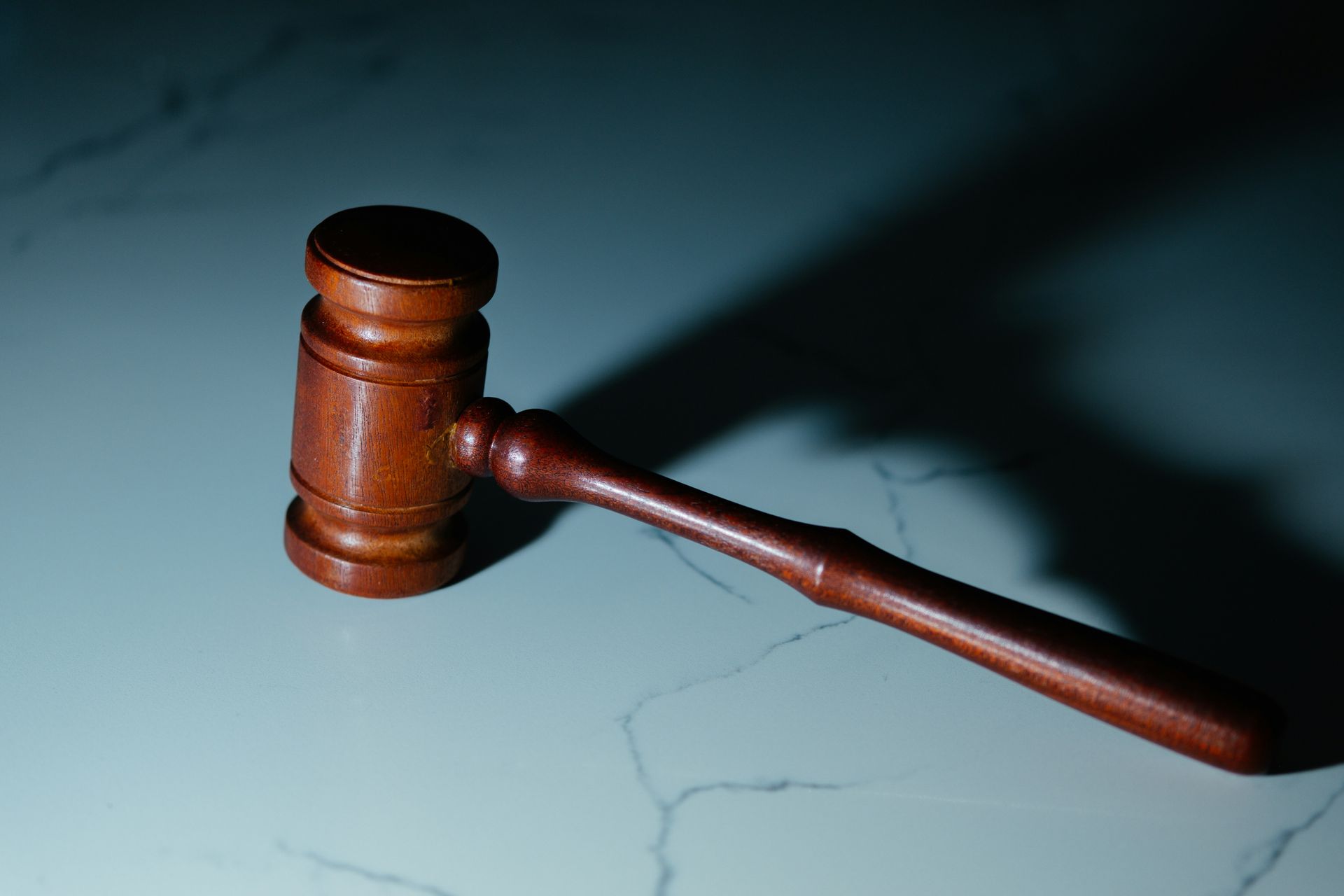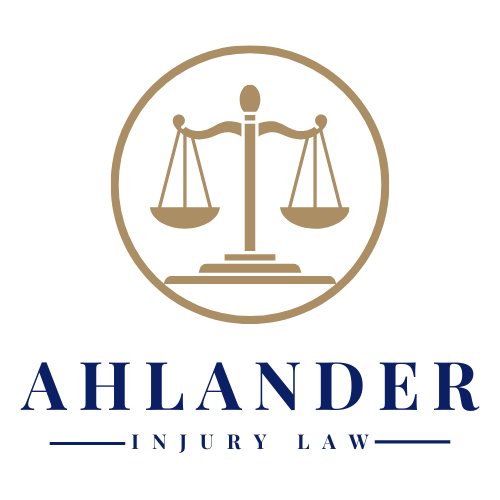Guide to Work‑Related Injury Claims
Work-related injuries can disrupt life significantly, causing not just physical pain but also financial and emotional stress. Understanding when and how to seek legal assistance can make a significant difference in handling the complexities of injury claims. This guide explores common scenarios where legal guidance is crucial and explains how attorneys facilitate the process across insurance dealings, litigation, and securing adequate compensation.
Recognizing When to Seek Legal Help
Identifying the right moment to consult a lawyer is a critical first step after sustaining a work-related injury. While minor injuries with straightforward claims might not require legal intervention, several situations warrant professional advice to protect your rights and interests.
Complex Claims and Severe Injuries
In cases of severe injuries that might result in long-term disability or significant medical costs, navigating the intricacies of worker's compensation laws and insurance policies can be daunting. Legal experts specialize in dissecting these complex scenarios to ensure that all aspects of the injury and its repercussions are duly considered and compensated.
Disputed Claims and Employer Retaliation
Sometimes, employers or insurance companies might dispute your claim’s validity, accuse you of contributing to the incident, or outright deny the compensation due. Additionally, if an employer retaliates by altering job roles, reducing hours, or even terminating employment, it becomes imperative to seek legal counsel to preserve both the claim and employment rights.
How Legal Representation Can Assist
An attorney's role stretches beyond mere representation in court; they offer a strategic approach to securing the maximum possible compensation and ensuring fair treatment throughout the legal proceedings. Their involvement can change the course of a claim profoundly.
Navigating Insurance Negotiations
Insurance companies often aim to minimize the payouts in injury claims. Experienced lawyers are familiar with these tactics and can negotiate effectively on behalf of the claimant. They ensure that the settlement reflects the injury's severity and the employee’s needs for recovery and rehabilitation.
Litigation and Trial Preparation
If negotiations fail, the case may proceed to trial. Legal professionals meticulously prepare for litigation by gathering evidence, securing expert testimonies, and building a robust case to present in court. This preparation is crucial in proving the extent of injury and the employer's liability.
Maximizing Compensation
Attorneys assess all potential damages—medical expenses, lost wages, future therapy or medication needs, and even pain and suffering—to calculate the suitable compensation. Their expertise helps in identifying claims that individuals might overlook when filing independently.
Common Scenarios Where Legal Help is Crucial
Navigating work-related injuries requires understanding specific scenarios where legal assistance is not just helpful but necessary. Below are a few examples where engaging an attorney should be considered.
Injuries Involving Multiple Parties
Injuries occurring due to third-party negligence (not just an employer or co-worker, such as equipment manufacturers or contractors) complicate claims. Lawyers help in identifying all liable parties to extend the claim beyond worker’s compensation, potentially increasing the compensation.
Long-Term or Permanent Disability Claims
Long-term impacts of an injury pose significant life changes, and claims might need to address future losses and costs. Legal representatives ensure these factors are thoroughly accounted for, advocating for settlements that cover prolonged medical care, therapy, and loss of earning capacity.
Occupational Diseases and Cumulative Injuries
Certain injuries or illnesses develop over time due to prolonged exposure to hazardous conditions or repetitive motion (like carpal tunnel syndrome or asbestos-related conditions). These cases often require specialized knowledge to link the condition directly to workplace conditions and prove liability, making skilled legal intervention crucial.
Each of these situations presents unique challenges that require not only understanding the legal landscape but also strategically navigating through it to secure just outcomes.
Businesses and workers alike benefit significantly from transparent understanding and handling of work-related injuries. Legal professionals play an indispensable role by ensuring fairness and thorough consideration of each case. Whether through adept negotiation with insurers, precise preparation for litigation, or maximizing potential compensation, lawyers help maintain the balance of rights and responsibilities pertaining to work-related injuries. Their expertise not only aids in resolving current disputes but also sets precedents for handling future incidents, contributing to a safer, more compliant workplace environment.
If you or a loved one has suffered from a work-related injury, don't navigate this challenging time alone. Our experienced legal team is here to guide you through every step of the process, from insurance claims to litigation, ensuring you receive the compensation you deserve. Contact us today to learn more and let us help you secure your future.





